Analytical Assays
A comprehensive portfolio of analytical testing assays to drive insights throughout all stages of drug development
- Global Oncology CRO Services | Champions Oncology
- Analytical Assays
At Champions Oncology, we provide cutting-edge assays tailored to meet the rigorous demands of oncology and immunology research. As one of the leading oncology and clinical specialty testing companies, we specialize in developing endpoint assays that deliver precise and reliable data, ensuring that every study we support is positioned for success. Our immuno-oncology assays are designed to push the boundaries of analytical assay development, providing critical insights that drive the next generation of oncological breakthroughs. We employ high-parameter flow cytometry to deconvolute diverse cell populations, while immunohistochemistry and plate-based tools assess tissue changes. Next Generation Sequencing and 4D Proteomics can be used to generate hypotheses that drive oncology drug strategy.

Preclinical and Clinical Endpoint Assays & Analysis
Endpoint analyses form a critical component in both preclinical and clinical oncology research studies. These analyses provide researchers with quantifiable measures to assess the treatment efficacy across multiple parameters and derive safe and accurate insights to guide critical decisions on your programs. Working with Champions gives you access to:
-
Scientific consultation throughout study design, execution, and data interpretation
-
Competitive turnaround times
-
State-of-the-art analytical laboratories
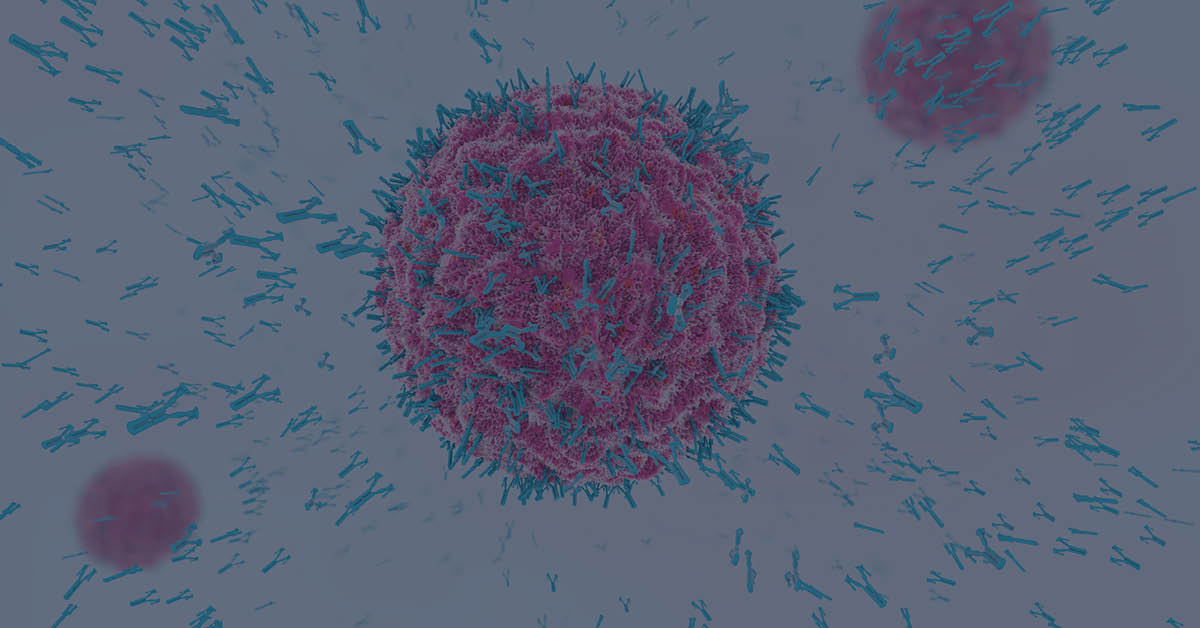
FLOW CYTOMETRY
Interrogate up to 30 parameters on each individual cell simultaneously within a sample
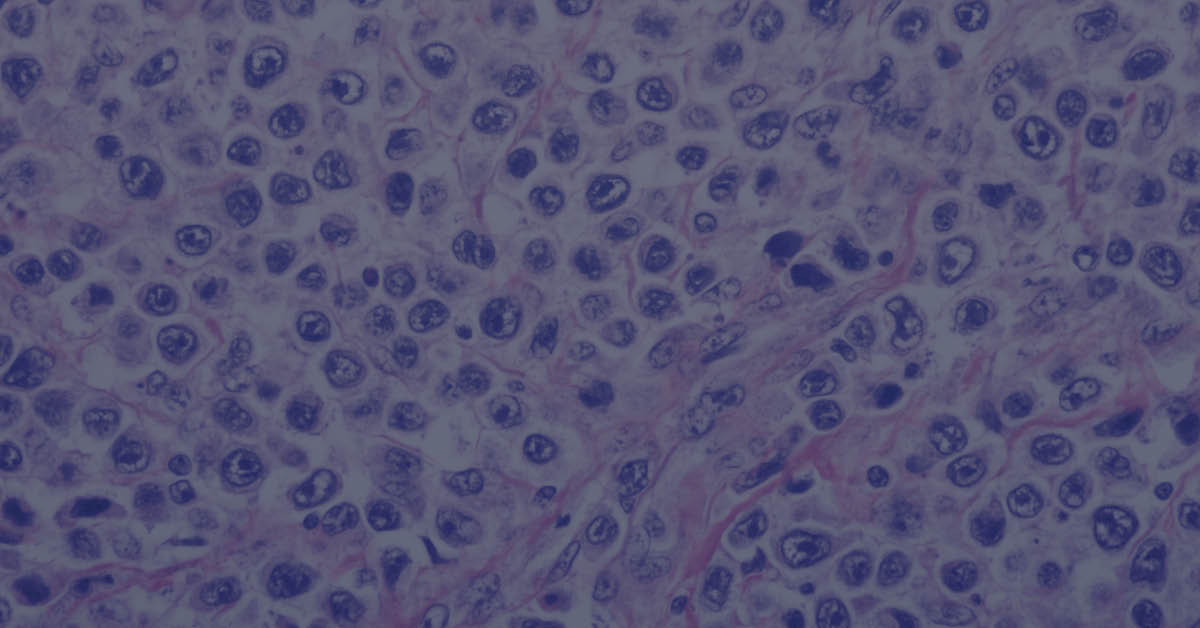
HISTOLOGY & IMMUNOHISTOCHEMISTRY
Assess target protein expression within a tissue of interest
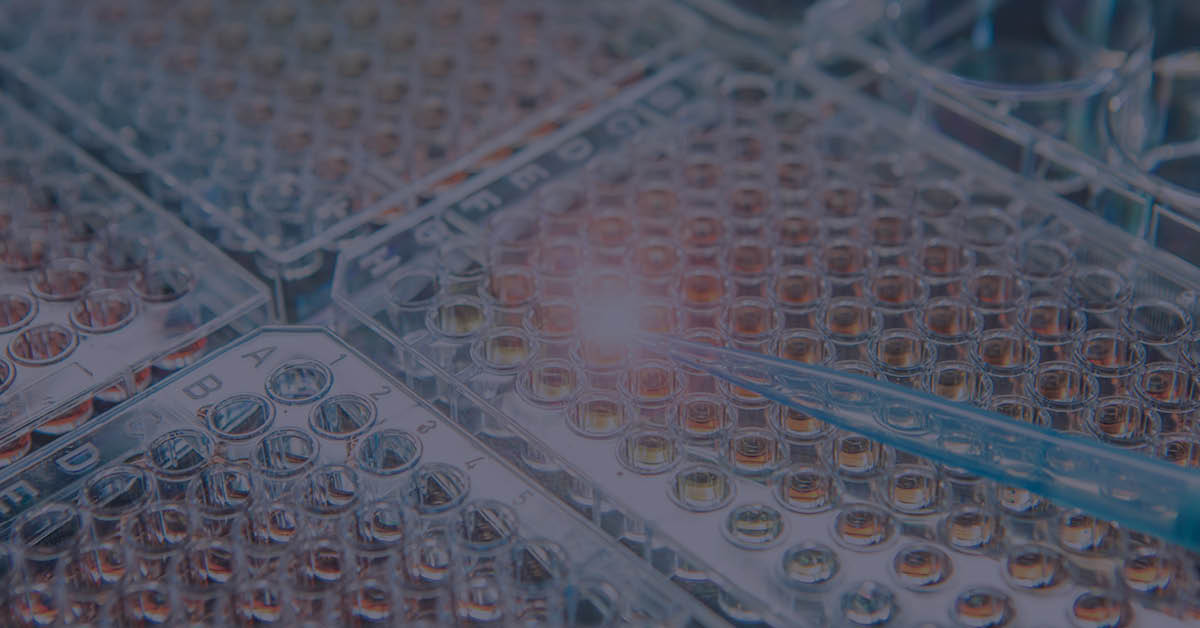
LUMINEX & ELISA
Evaluate secreted proteins such as cytokines, growth factors, and chemokines in plate-based assays
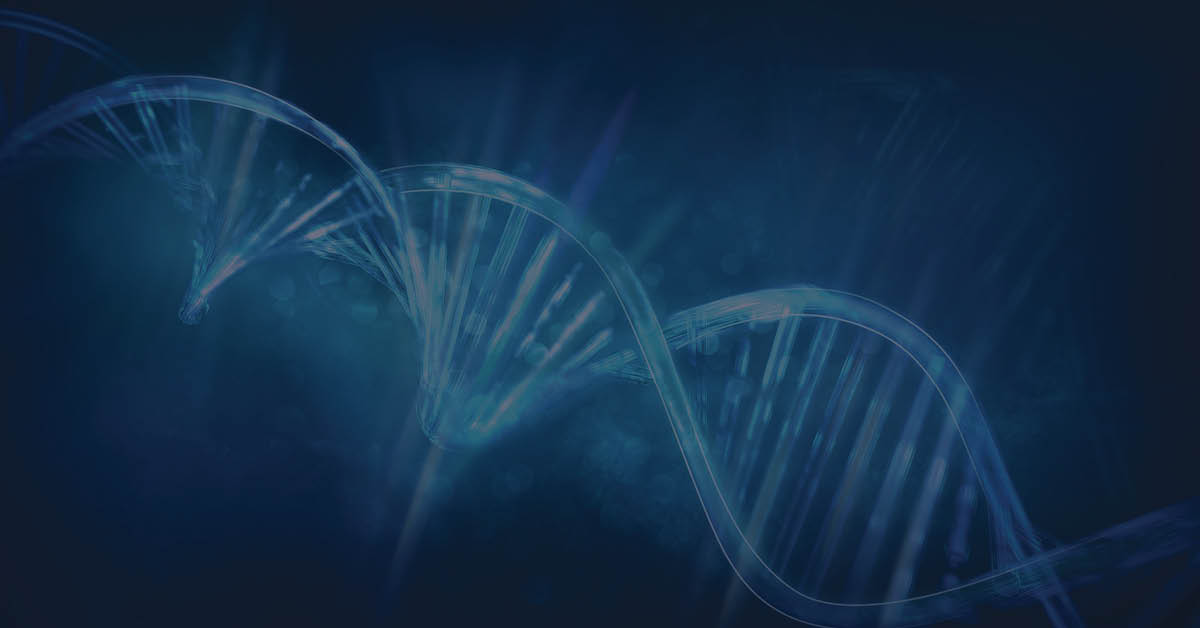
NEXT GENERATION SEQUENCING
Generate personalized medicine strategies through bioinformatic and computational analyses
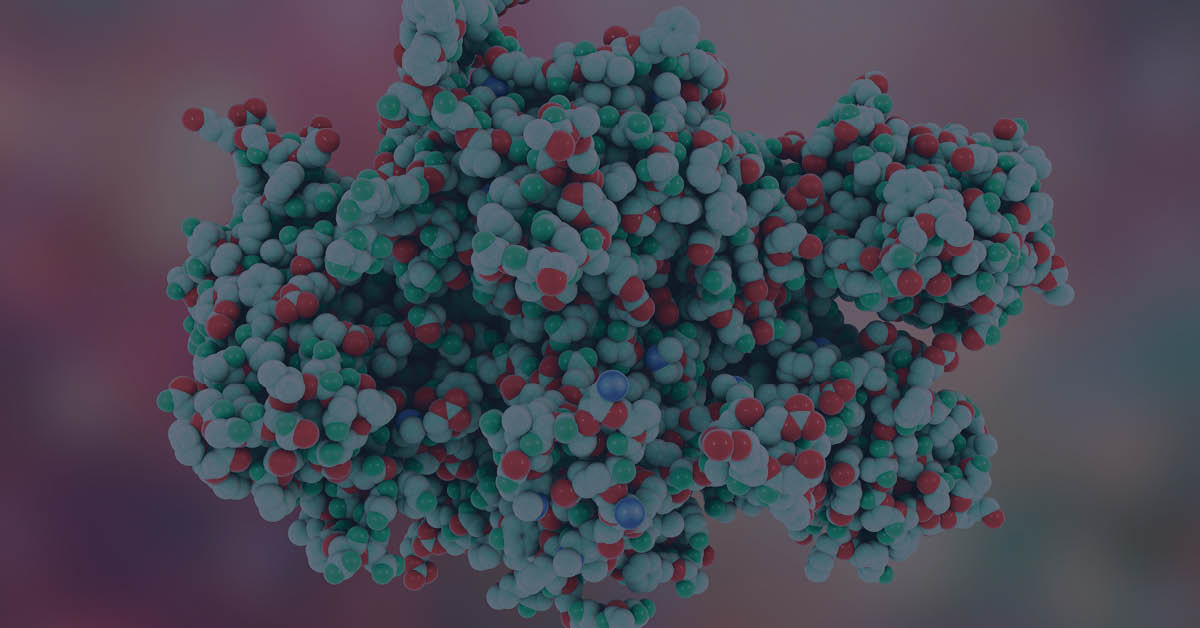
4D PROTEOMICS
Utilize mass-to-charge ratio, retention time, ionic strength, and ion mobility to identify and quantify proteins
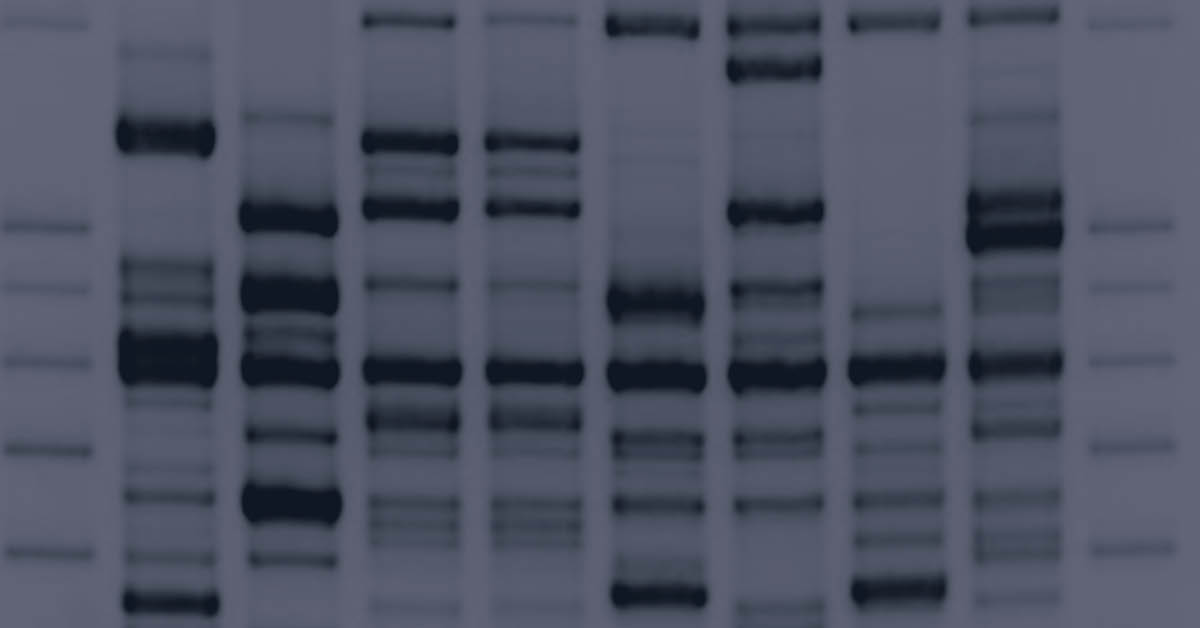
WESTERN BLOT
Assess protein expression with picogram level sensitivity in only microliters of sample

DNA DAMAGE ASSAYS
Measure activity of agents involved in DNA damage repair
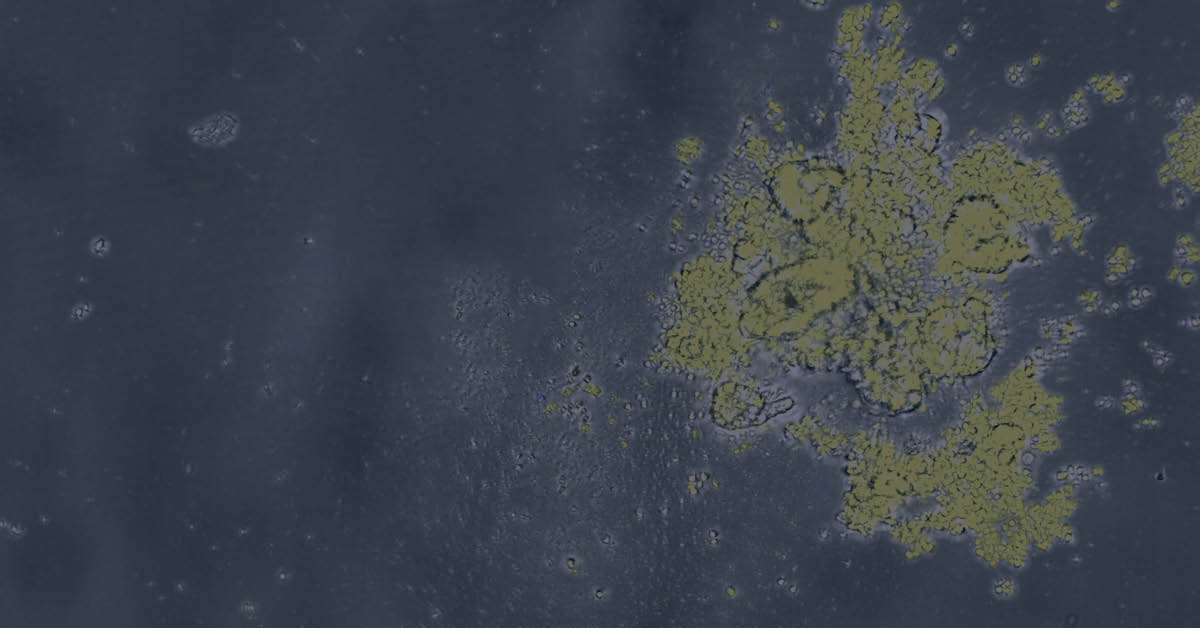
IMAGING
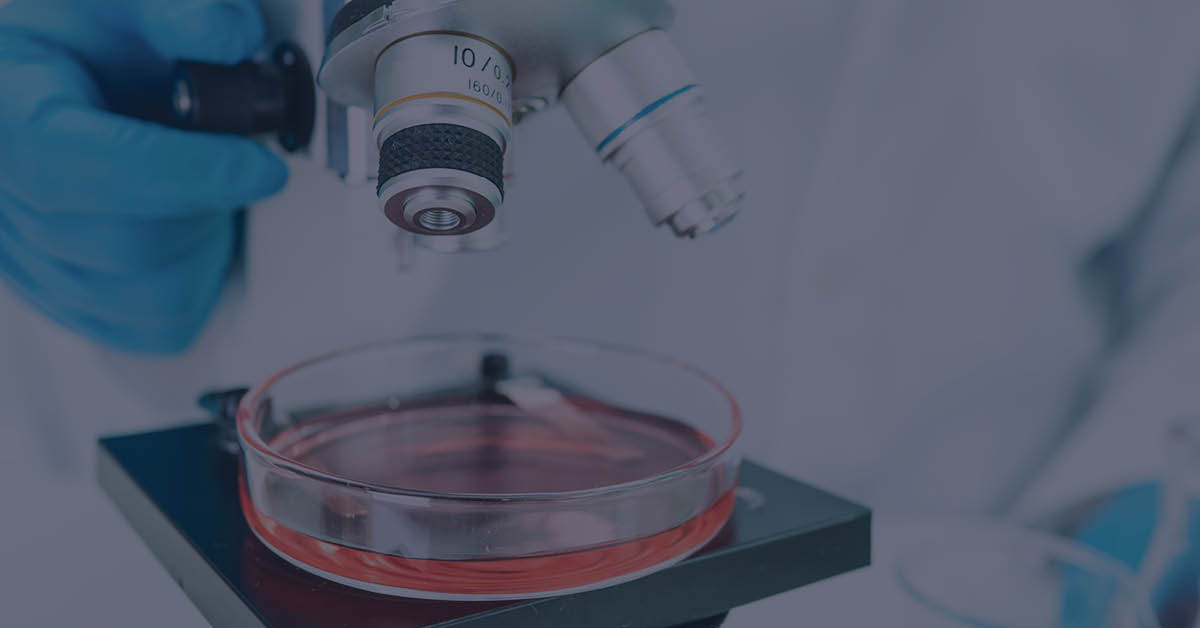
COLONY FORMING UNIT (CFU) ASSAY
Measure clonal composition shifts in response to cytotoxic therapies
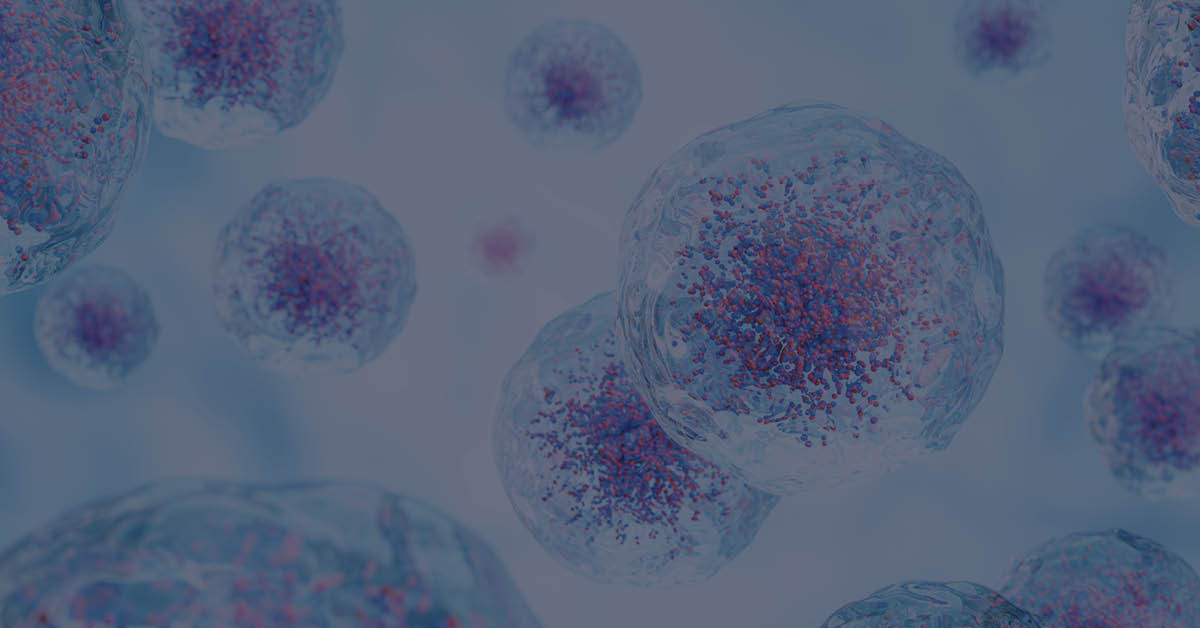
CELL VIABILITY/PROLIFERATION
Evaluate the viability or proliferation of cells throughout the duration of ex vivo assays
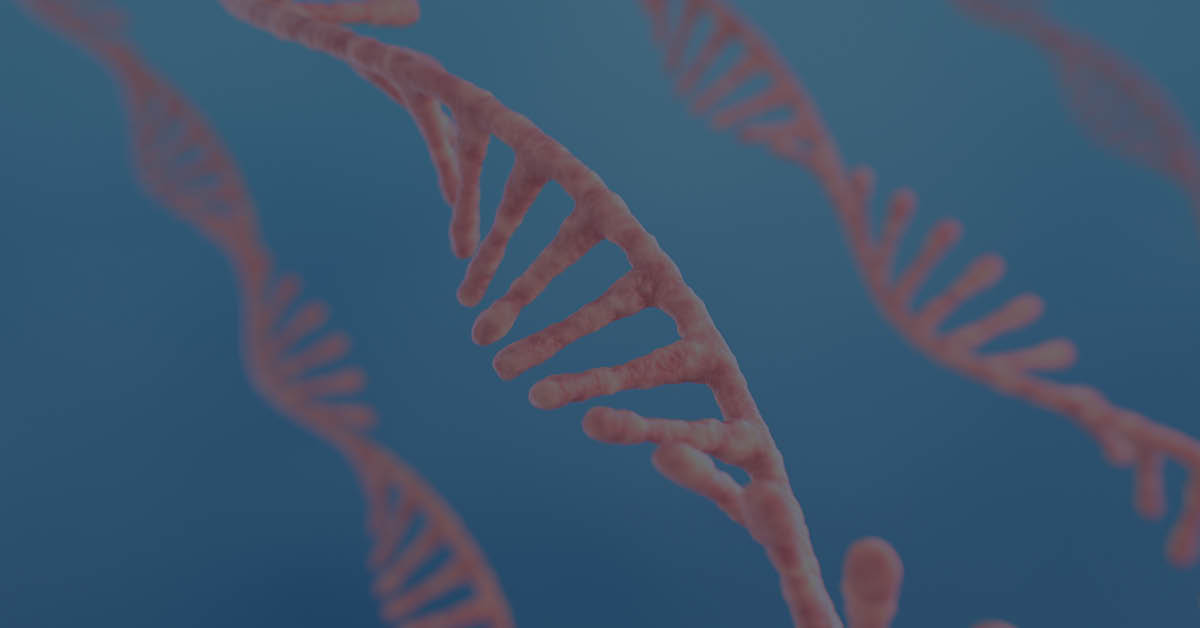
QUANTITATIVE REAL-TIME PCR (QPCR)
Determine the absolute quantity of target DNA in each sample
Our Immuno-Oncology Assays are at the forefront of cancer research and therapeutic evaluation, offering a comprehensive assessment of cell-killing and cell infiltration capacities across various types. These assays include cytotoxicity tests, proliferation assays, and apoptosis assays, each tailored to provide detailed insights into the efficacy of immunotherapies.
By employing cutting-edge technologies and methodologies, we ensure that our assays deliver reliable and actionable data, empowering researchers to make informed decisions in their quest to combat cancer.
.jpg)
Ready to start working with Champions Oncology?
Request a consultation with our expert team today and discover how our custom analytical assay services can enhance your project's success. From planning through execution, our dedicated support will ensure that your scientific inquiries are met with precise and actionable results.
What is an endpoint assay?
How do I choose the best endpoint analysis for my study?
The best endpoint analysis for your study will depend on the goal of the study and the mechanism of action of your agent. For example, you will want to measure your agent ability to kill tumor cells with a cell viability assay ex vivo or by tumor growth inhibition in vivo; additionally, you may want to use flow cytometry and imaging to measure immune cell population shifts/movement if you are testing an IO agent, or use comet assay to measure DNA damage if testing an agent that targets the DNA damage/repair mechanism, or use NGS or proteomics and Luminex/ELISA to measure changes in DNA or protein expression if you agent is expected to modify DNA/protein expression level. Our experts can help you identify the best endpoint analysis and help you plan your study efficiently and successfully.
